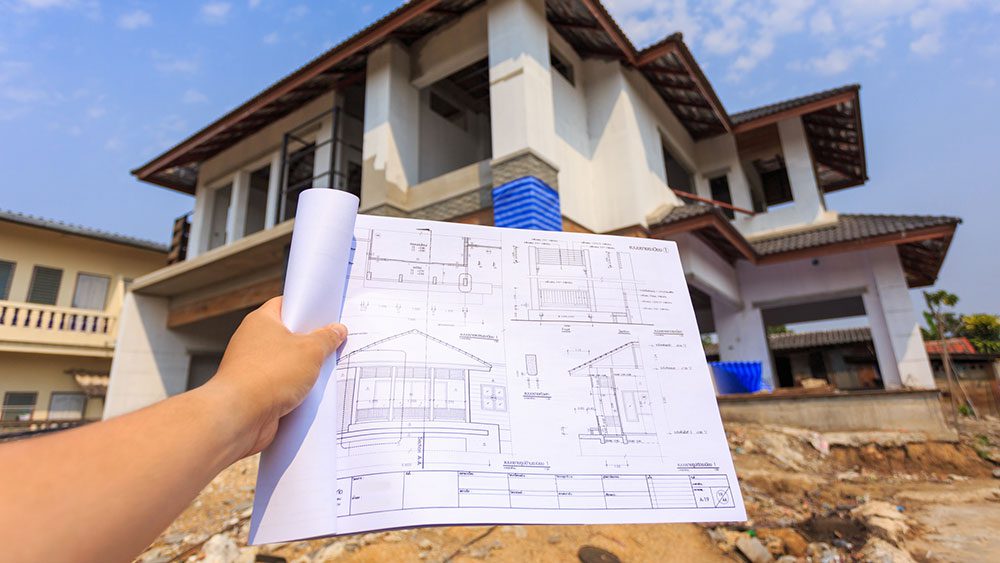The time it takes to buy a home can be a long process. According to a December 2021 Bankrate.com article, the average time to close on a home with a conventional mortgage is about 51 days.
Some lenders are very efficient and can shorten that time by a few days. Government-backed FHA and VA loans can take up to 60 days from start to closing.
Having all documentation organized in advance and quickly responding to all lender questions will always minimize the time from an accepted offer and successful closing.
Steps to a Successful Closing
1. Loan Pre-Approval
Before beginning a home search, securing a pre-approval from a lender is an essential first step. This process will define the price target and streamline the home search.
Being pre-approved tells both the buyer’s Realtor and prospective home sellers that the buyers are serious and qualified for the sales price. In addition, pre-approvals reduce the potential for a purchase offer to fail due to a contingency based on buyer financing.
The pre-approval application requires specific financial information. Prospective borrowers should expect to verify income, assets, credit history and submit recent tax returns. Additionally, to determine the amount they will be comfortable with lending, the lender will assess the borrower’s debt-to-Income ratio (DTI).
The process for pre-approval may take only three or four days, depending on the information provided.
2. Finding the Right Home
The pre-approval from a lender defines the price limit for which the borrower qualifies. Then, with the assistance of a knowledgeable and experienced Realtor, the search becomes more efficient, looking only at those homes that fall within the target price range.
3. Making an Offer
When the number of homes for sale exceeds buyer demand, the market gives the buyer greater leverage over the seller. However, in a seller’s market, the demand for homes exceeds the supply, and buyers must compete for fewer properties available for sale.
The Realtor is a crucial component of this process, advising and negotiating to help make a reasonable bid and adding contingencies, where needed, to protect the prospective buyer.
4. Offer Acceptance and Contract
If the offer is accepted, the buyer will generally submit earnest money, perhaps 1% to 2% of the purchase price, to further demonstrate commitment to the deal. These funds are credited at closing and generally assigned to the buyer’s down payment.
5. Home Inspection
Usually, within ten days or so, a professional home inspector should conduct a detailed inspection and provide a complete report of any shortcomings or flaws that may exist or require immediate attention. In many instances, a negotiation may occur to have the seller make repairs before the closing or apply credits to the buyer.
6. Underwriting
Finalizing the underwriting process is the last step before final approval, and the lender can proceed with closing documents and scheduling. At this point, the lender should have most of the information necessary to proceed with final approval. However, during this period, the lending officer will request further documentation to ensure the borrowers’ financial circumstances have not deteriorated during the process.
The lender will provide a Disclosure Statement within three days of the scheduled closing that defines the loan amounts, fees, closing costs, and how much the buyer will need to pay.
7. Appraisal
As part of the pre-closing process, the lender will order a professional appraisal to ensure that any subsequent default will not leave them with a home worth less than the original loan. Then, the lender schedules the assessment, and the cost may be a part of the buyer’s closing costs.
8. Closing
Closing involves dozens of documents to cover all aspects of ownership transfer. The closing official, your Realtor, or a designated attorney will help you understand any parts that may seem confusing. This final step will take about two hours or so.
Be Informed
Buying a home can be complicated. The process can be very stressful for inexperienced buyers if they are unprepared. Talk with a lender and a reputable Realtor before starting the process to clarify the financial requirements and help navigate the complexities of homebuying.
© 2024 xpertRealtyMarketing.



